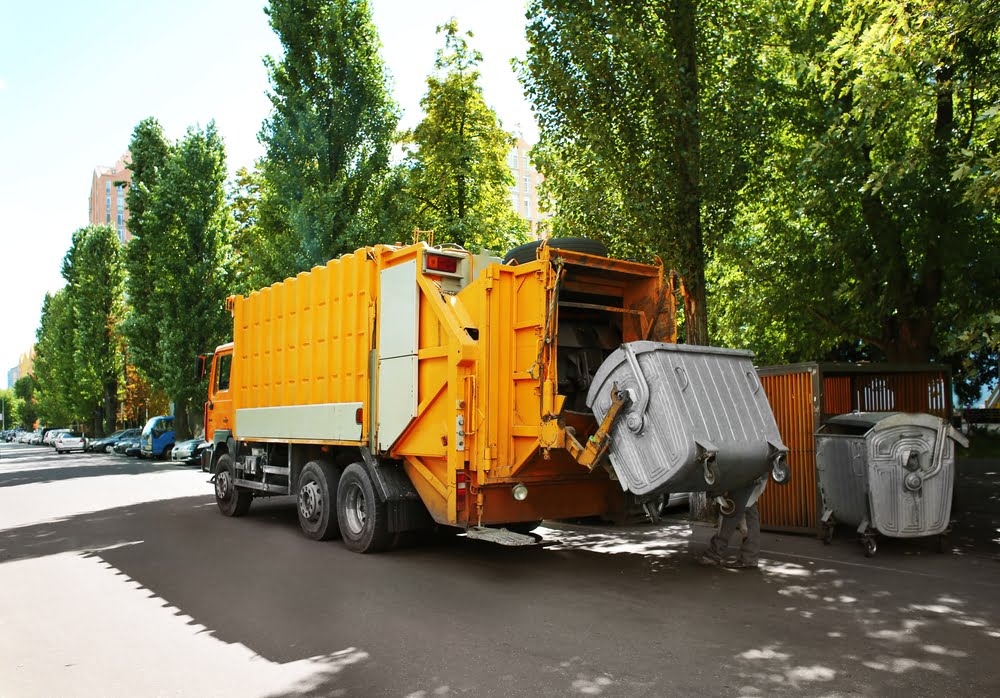A waste management plan is a plan put into place to remove the waste that your home or business generates on a regular basis. A waste management plan consists of four separate components:
- Reduce & Recycle
- Handling
- Hauling
- Disposal
But before you begin to handle the waste, (or hire someone to do it) see if you can reduce the amount of it overall.
Reduce & Recycle
Is any of the waste to be removed useful? Can any of the supplies or equipment be of use to other areas of the business, partners, suppliers, or customers? All you need to do is ask. Gently used items can be sold or given away to charitable organizations who can put it to good use.

Organic waste can be transformed into compost for a garden. Old supplies, clothing, furniture, and almost anything else can be recycled by others within your organization or even outside of it. Non-profits are always on the lookout for gently used office equipment, computers, and office supplies.
Whatever remains needs to be incorporated into your waste management plan.
Handling
Handling includes gathering and transporting the waste to dumpster. The handling fee depends on a few variables, such as the type of materials being gathered, the distance from the jobsite to the dumpster, and the square footage of the project. The square footage handling charge is often overlooked when calculating industrial, commercial, and business waste management budgets.
Hauling
The hauling cost involves the fees to transport and dispose of the waste from the customer site. This cost can be calculated in a number of different ways:
- Time – The daily or monthly rental charge for the dumpster itself.
- Weight – The charge for the hauling the waste at a cost per ton basis.
- Volume – AKA a “pull charge” or cost per cubic yard.
Most hauling costs are a combination of two or more of the costs listed above.
Disposal
An excellent waste management plan should include landfill and environmental (recycling) services when determining a disposal fee. This fee is the fee charged by the landfills and recycling outlets for dumping and processing the waste. This fee might be calculated by volume (cubic yards) or weight (tons).
The amount of the disposal fee also depends on the local landfill capacities and the state/federal solid waste regulations that apply in the area. These fees also vary due to the type and volume of the debris, the on-site equipment used, and the local landfill and recycling outlet charges.
Need Help with Your Waste Management Plan?
Give us a call at (215) 661-0001 or fill out our online form. We are a full-service company that can provide for all of your waste management needs. We can help you find the best waste management solution for your situation and get it arranged for you. Call us now to get the process started today.




